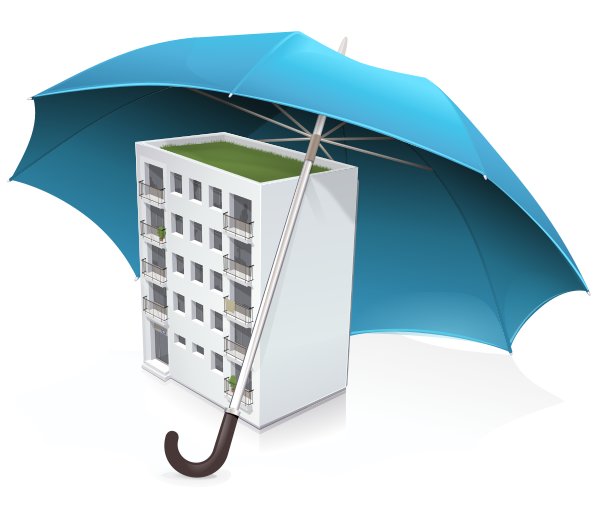 June 26, 2019 – Emeritus Lawyer and secretary general of the RGCQ, Yves Joli-Coeur, was in attendance (for a second time in two weeks) at the 98.5 FM radio station, where host Isabelle Maréchal was waiting for him.
June 26, 2019 – Emeritus Lawyer and secretary general of the RGCQ, Yves Joli-Coeur, was in attendance (for a second time in two weeks) at the 98.5 FM radio station, where host Isabelle Maréchal was waiting for him.
Last week, this lawyer was asked to comment on a regulatory modernization project submitted by the Ministère du Tourisme du Québec, which wants to better regulate short-term Airbnb-type leasing. This week, he spoke to the audience listening to a an issue related to the co-owner’s liability insurance.
‘’Direct’’ fault
At the heart of the debate is an "obtuse" interpretation (according to Yves Joli-Coeur), by some insurers, of article 1074.2 of the Civil Code of Quebec. This could force a syndicate to pay its deductible itself, even if a loss originates from a private portion. This deductible may not be reimbursed by the insurer of the co-owner who would be responsible for it, for example, in the case of a leaking water heater or bathtub, unless the syndicate can prove that the co-owner has committed a "direct" fault.
This would (generally) involve legal recourse, which would contribute to clogging up the courts and could, to some extent, discourage many consumers from buying a condo. All this because of the "interpretation" of a section of the law by some insurers, argues Yves Joli-Coeur.
Article 1074.2 stipulates that: "The sums incurred by the syndicate to pay the deductibles and make reparation for the injury caused to property in which the syndicate has an insurable interest may not be recovered from the co-owners otherwise than by their contribution for common expenses, subject to damages it can obtain from the co-owner bound to make reparation for the injury caused by the co-owner’s fault.’’
Semantic contest
However, some insurance companies claim that the terms "by the co-owner’s fault" are more restrictive than "being held liable", which gives rise to an "arbitrary semantic contest to avoid their obligation to pay," believes Yves Joli-Coeur. In such a situation, the financial burden would fall on a collectivity of co-owners, who would have to search their pockets to pay the deductible through a special assessment. This deductible can sometimes reach $10,000, $25,000 or even $50,000 or more.
This observation could have the effect of considerably weakening the financial health of a co-ownership. And for good reason, since this inadequate application of article 1074.2 in the insurance field will "plunge some syndicates of co-owners into a recurring operating deficit. The legislator will therefore have to correct the situation as soon as possible, so that this article of the law is properly applied," concludes Yves Joli-Coeur.
To listen to the full interview given by Yves Joli-Coeur, click on this hyperlink.
Montreal, June 26, 2019

14/01/2021

09/08/2022

02/11/2018

07/11/2018

09/08/2022
